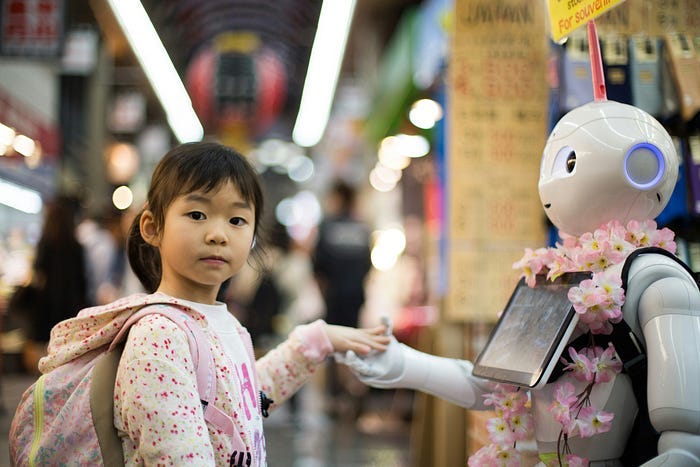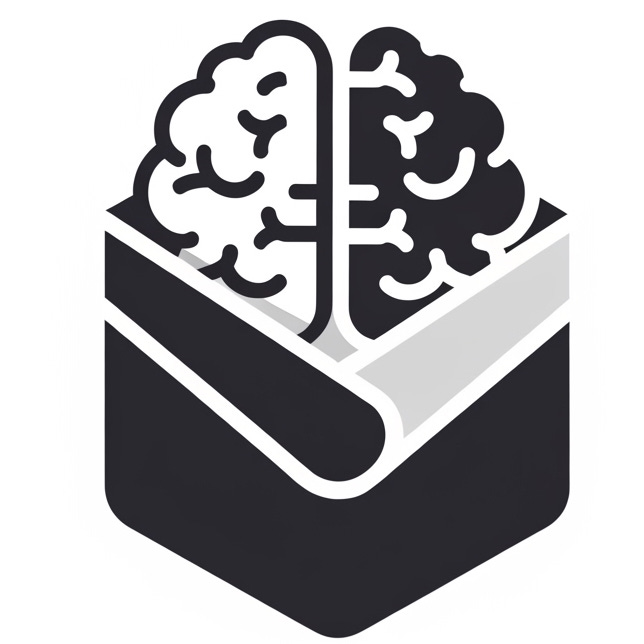Last month, student housing company Yugo released a new study surveying over 7,000 students across nine countries about their attitudes towards AI.
The findings challenge the simple narrative of “digital natives embracing technology”. These students aren’t just excited or worried about AI.
They’re thinking deeply about what it means to remain human in an increasingly automated world.
Their real dilemma isn’t about whether to use AI, but how to use it to succeed in a future it might render obsolete, without losing their own humanity in the process.
Using AI to Apply for Jobs It May Eliminate
The Yugo data highlights one major contradiction. While 36% use AI to proofread their work and 35% to simplify complex information, many also use it to draft CVs and job applications.
This happens at the same time that 76% of them fear AI will eliminate the very jobs they’re applying for.
This isn’t confusion; I think it’s a pragmatic adaptation to an uncertain future. They’re essentially saying that if this technology replaces them, they’d better learn to use it first.
The Fear Behind the Excitement
The 20% who express worry aren’t just concerned about practical impacts. They’re facing existential questions.
Their fears centre on two main concerns:
That AI could erode human interaction
And diminish human intelligence
These students are essentially asking; in making life easier, are we making ourselves less capable?
I thought about that for a moment. We’ve created tools designed to augment human capability, and the people who use them most are worried they might atrophy their own minds in the process.
I’ve seen this play out in my own experience. I asked myself the question of whether I’m slowly losing the ability to think about complex problems myself because I’m using AI tools.
Students are confronted with the same uncertainty but across every aspect of their academic and professional lives.
This might mean clear policies on AI use, digital literacy programmes that address both capabilities and limitations or frameworks that help students maintain critical thinking skills.
When AI Becomes Personal
Perhaps the most surprising finding from Yugo’s research is how few students are using AI for wellbeing.
Despite the surge in AI wellness apps from fitness trackers to meditation, 48% report not using any of these apps at all.
And not only that, but 23% worry AI companions could replace romantic partners.
This is more than tech anxiety. I’d call this a confidence crisis in human connection itself.
When nearly a quarter of young people think artificial relationships might be preferable to human ones, we’re witnessing not just technological disruption but social fragmentation.
Are we creating an environment where the reliability of an AI feels safer than the beautiful, complicated reality of human interpersonal relationships?
Our Shared Responsibility
What’s notable about this research is that it reveals students trying to come to terms with AI’s complexity rather than simply embracing or rejecting it.
While they express valid concerns about cognitive decline and human connection, they’re also pragmatically adapting to technological realities. I believe that this tension reflects a broader challenge we all face with regards to AI permeating many layers of our lives.
Rather than waiting for perfect solutions, students are making imperfect choices in real time. Their simultaneous use of and worry about AI tools demonstrates the reality of living through a technological transition.
Understanding this complexity, rather than celebrating it, should guide how we develop educational frameworks that support thoughtful engagement with AI.
The task isn’t to teach students how to use AI. They’re already figuring that out themselves. But it’s to help them cultivate critical thinking, emotional intelligence, and a resilient sense of self that no algorithm can replicate.
You can view Yugo’s report here: https://yugo.com/resource/blob/786538/7ddd350723214bde480c483c727ee84b/yugo-global-snapshot-ai-mini-report-final-version-data.pdf
If you find value in these explorations of AI, consider a free subscription to get new posts directly in your inbox. All my main articles are free for everyone to read.
Becoming a paid subscriber is the best way to support this work. It keeps the publication independent and ad-free, and gives you access to community features like comments and discussion threads. Your support means the world. 🖤
By day, I work as a freelance SEO and content manager. If your business needs specialist guidance, you can find out more on my website.
I also partner with publications and brands on freelance writing projects. If you're looking for a writer who can demystify complex topics in AI and technology, feel free to reach out here on Substack or connect with me on LinkedIn.





